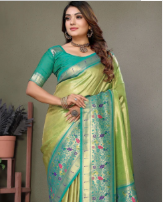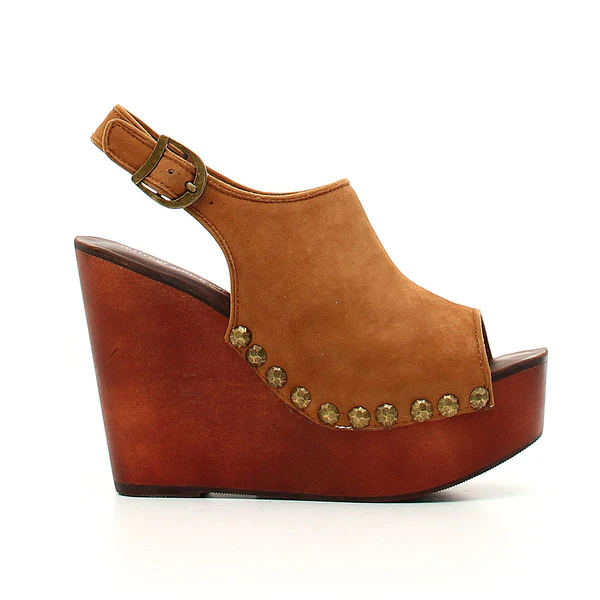
In 2024, the fashion industry witnessed a significant shift towards sustainability. Brands are now prioritizing eco-friendly materials and production methods. This change is driven by consumer demand for environmentally responsible products, transforming how companies’ source, manufacture, and market their goods.
Technological Integration
Technology has become integral to modern fashion. From AI-driven design to virtual try-ons, technological advancements are reshaping the industry. This year, we’ve seen a surge in digital fashion shows and online retail experiences, catering to a tech-savvy audience while reducing the carbon footprint associated with traditional in-person events.
Personalization and Customization
Personalization has emerged as a critical trend. Customers now seek unique, tailored experiences, driving brands to offer customized clothing options. This shift enhances customer satisfaction and promotes a more sustainable approach by reducing overproduction and waste in the fashion industry.
Diversity and Inclusivity
Diversity and inclusivity have become more than just buzzwords in 2024. Fashion brands are embracing a broader range of sizes, colors, and styles to cater to a diverse global audience. This inclusivity is seen in product ranges, marketing campaigns, and fashion shows.
Resurgence of Vintage Styles
Vintage fashion has made a remarkable comeback. People are increasingly drawn to retro styles, leading to a rise in second-hand and vintage clothing stores. This trend not only celebrates the fashion of yesteryear but also promotes sustainability by encouraging the reuse of garments.
Impact of social media
Social media continues to influence fashion trends significantly. Influencers and celebrities shape public perception and demand for specific styles, making platforms like Instagram and TikTok pivotal in the industry’s marketing strategies. Brands are increasingly leveraging these platforms for product launches and promotions.
Economic Shifts
The economic landscape in 2024 has prompted changes in consumer spending habits, influencing the fashion industry. Customers are becoming more price-conscious, leading brands to offer more affordable and value-driven products without compromising quality or ethical standards.
Rise of Independent Designers
There’s a growing appreciation for independent designers who offer unique and creative fashion pieces. These designers are gaining traction through online platforms, providing fresh perspectives and innovative designs that challenge the mainstream fashion narrative.
Focus on Health and Comfort
Health and comfort have become critical considerations in fashion choices. The ongoing emphasis on wellness and practicality has led to the popularity of athleisure and comfortable, functional clothing, blending style with comfort and utility.
The Future Outlook
As we look towards the future, it’s clear that the fashion industry will continue to evolve. Emerging technologies, changing consumer preferences, and a greater emphasis on sustainability and ethical practices will shape the industry’s trajectory. The fashion world of tomorrow promises to be more inclusive, innovative, and environmentally conscious.







